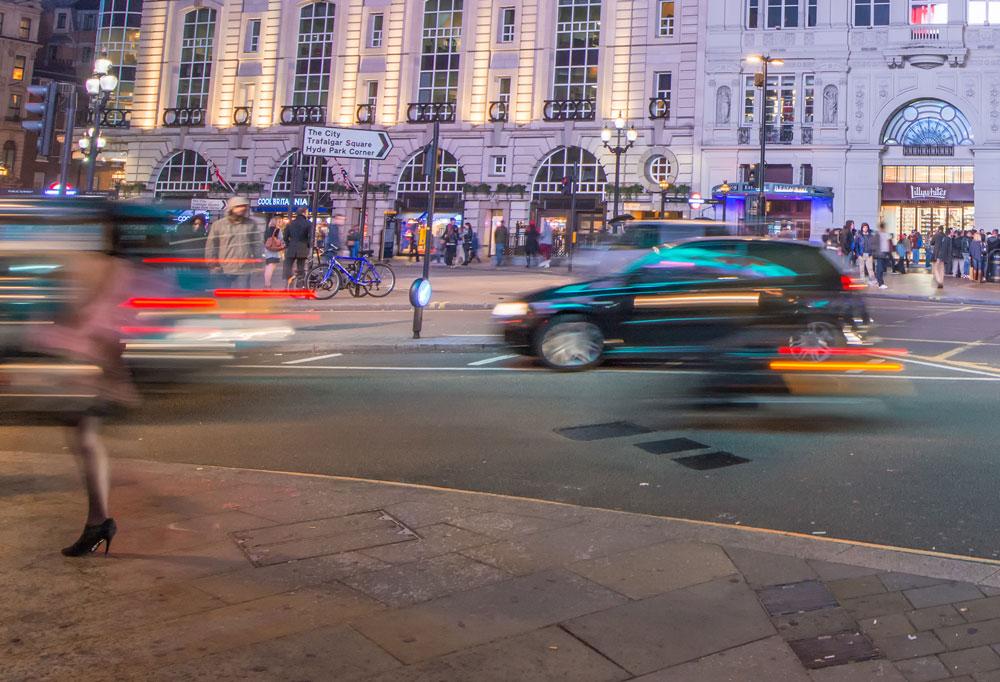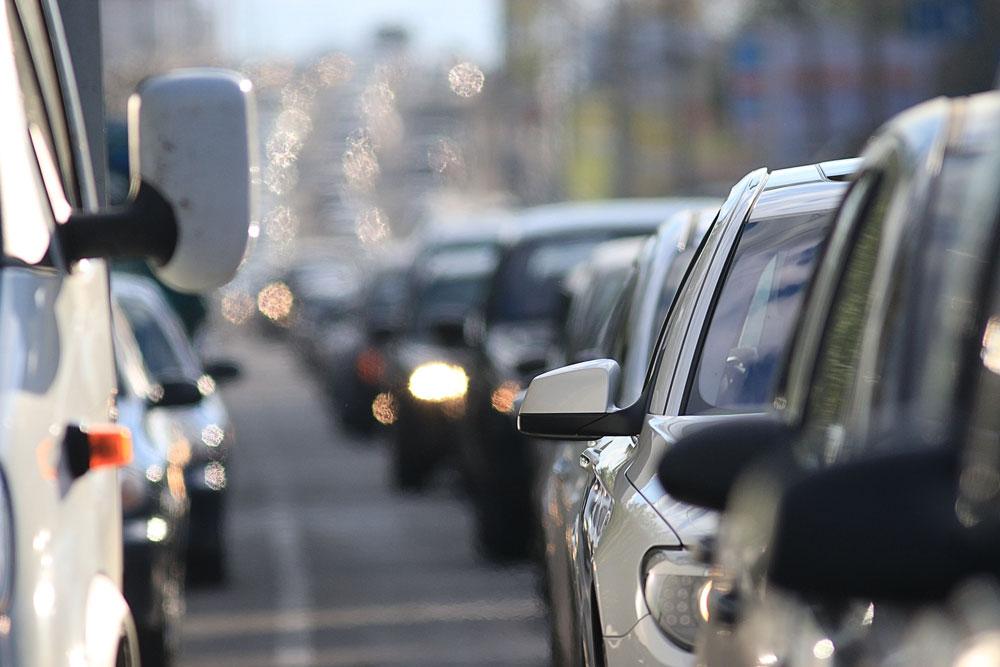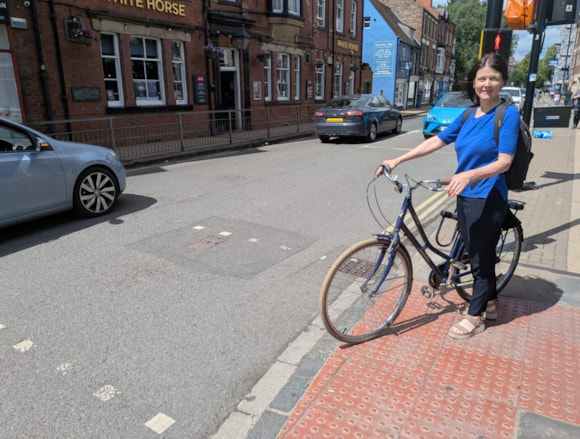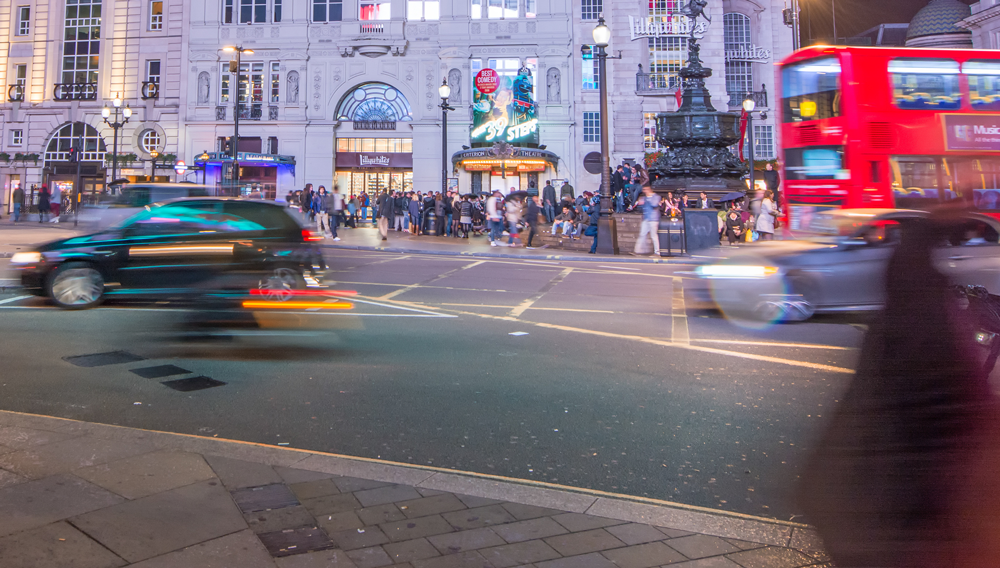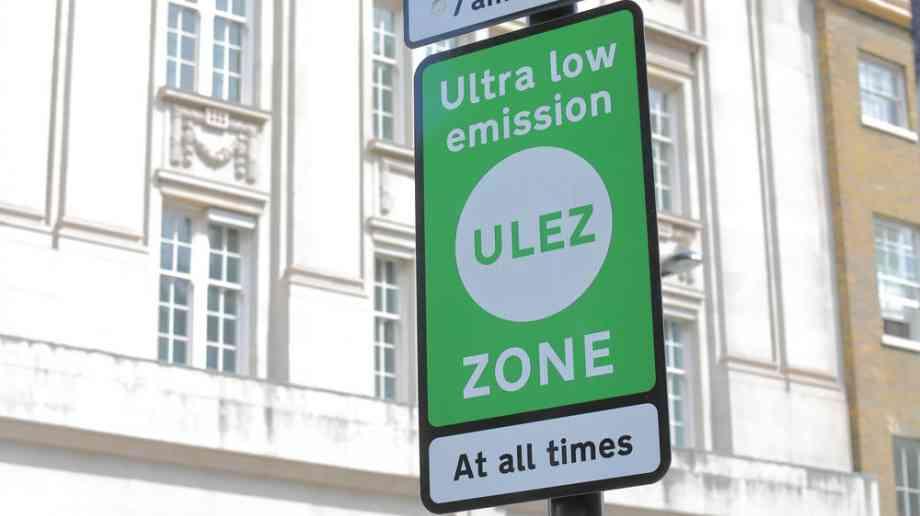New analysis from charity Possible suggests that the London boroughs seeking to block or delay the mayor’s ULEZ expansion have also installed the least amount of electric vehicle chargers.
Figures from all 33 London boroughs show that as of October 2022, Havering, Harrow, Hillingdon, Bexley, Barking & Dagenham and Bromley, who are all fighting the ULEZ scheme, had between them installed fewer than 200 public EV charge points, equivalent to just over 10% of the total installed in the single best-performing borough for EV charging, Hammersmith & Fulham (who installed 1600 EV charge points).
Figures sourced directly from all London boroughs show that nearly all of the boroughs that have installed the fewest electric vehicle charge points are now calling for the ULEZ expansion to be scrapped or weakened. Boroughs opposed to ULEZ expansion have installed fewer than 100 chargepoints on average, while boroughs who support it have installed over 450 on average.
The charity reports that Harrow council has announced it is preparing to spend up to £400,000 of local taxpayers’ money contesting the ULEZ expansion in court. But figures from the government's Office of Zero Emission Vehicles show it has successfully applied for less than half this amount in grant funding for public EV chargepoints, and has so far spent just £70,000 on installing them.
Similarly, data from the Healthy Streets Scorecard coalition, which tracks boroughs’ progress on measures to support greener travel and of which Possible is a member, shows that anti-ULEZ boroughs also receive some of lowest scores in the capital for protected cycle lanes and bus priority lanes.
Leo Murray, co-director of Possible, said: “It is deeply ironic to hear these councils demand the Mayor does more to support Londoners to switch to greener transport when they’ve barely lifted a finger to do so themselves. Against a backdrop of failure and negligence in their own jurisdictions, bad faith complaints about the impacts of ULEZ expansion on constituents ring very hollow. If people living in these boroughs feel trapped driving dirty vehicles, then perhaps their councils should be using the powers and funding available to them to help residents clean up their travel, instead of carping from the sidelines."



